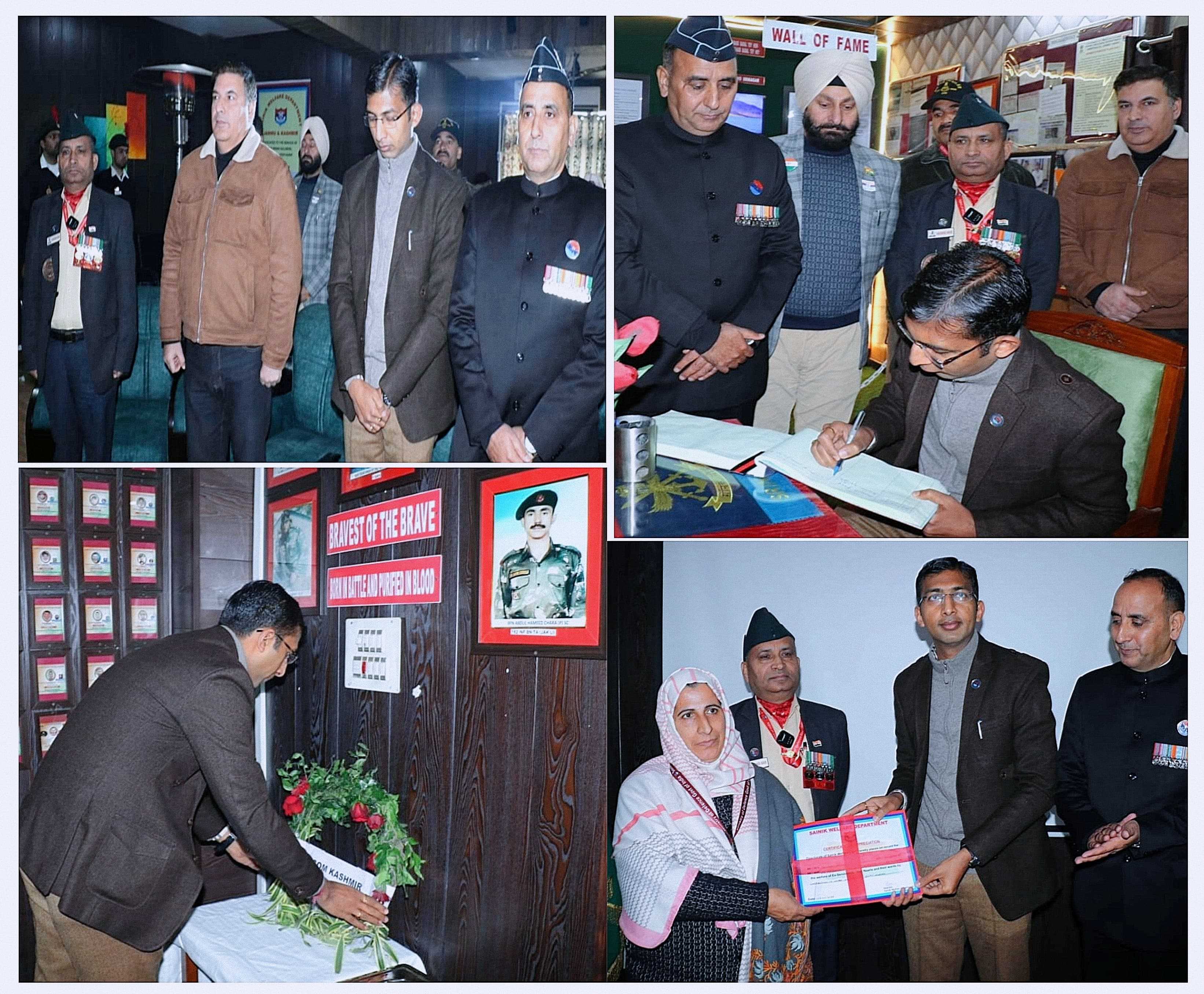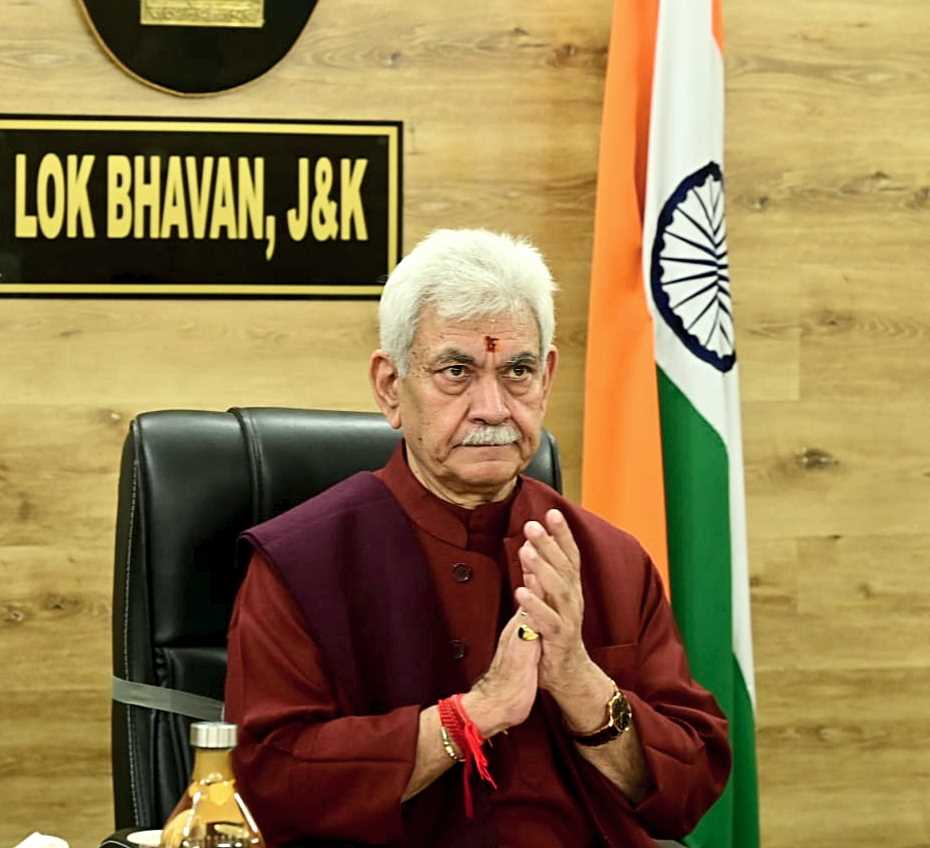
A woman in her early 40s, showing signs of depression, is explicitly told by her psychiatrist that she should get ready for ECT - electroconvulsive therapy. She asks, “What will they do to me?” and breaks down. Medicines alone are not helping her, but she keeps taking them. Because there's no other way out, or so she is told. And all she does, is wonder why she's not getting any better
I must have been 11 or 12, when I had my first encounter with an individual they called a psychiatrist. I don't remember a lot, but I do remember being instructed not to disclose my seeing a psychiatrist to anyone. And so, I thought I was committing a sin. A shameful one. It took me some years to realise that not being able to adjust in a new school, just when puberty had hit, was not my fault. And asking for help, was actually not something to be ashamed of. And that medicine did not help much. At least, not me.
I am doing fine today, but even after almost a decade, I am still not really sure about the state of mental health literacy and acceptance in Kashmir. I don't know if they still ask kids and adults to hide their mental pain from society. I don't know if the so-called society - an imaginary construct created by people, who then themselves fear the judgement thereof - has gotten softer on issues regarding mental health. I wonder if a broken mind is now shown at least a fraction of the sympathy that a broken bone receives. While people have begun to open up a little more about the battles in their heads, I wonder if they have started addressing the root causes of those struggles, yet. There, definitely, has begun a spark of hope for mental health struggles. But the little flicker of change, is still too tilted towards one field: psychiatry-based therapy. Psychotherapy, as from the lens of psychology, is still alien to Kashmir and its people.The Talking Cure is still something that people in Kashmir don't find worthy and effective enough.
While we have to give it to them, the over reliance on psychiatrists, many of whom do not even have a valid credential, makes me concerned. Because a 12-13-year-old boy, showing the most obvious signs of conduct disorder, cannot be kept reliant on medicines alone. But he is being. His young body, ridden with anxiolytics - induced sleep, laying around a corner in the house, is seen as a sign of him getting better. Because the tantrums are gone, at least for the moment. But is he really getting better? Is he improving or are his internal struggles being draped around by a blanket of slumber? What if those demons wake up again one day, when the drugs are no longer used? What if the demons have things to say, but no one to talk to? Or is the plan to keep the child on drugs for as long as they can?
A woman in her early 40s, showing signs of depression, is explicitly told by her psychiatrist that she should get ready for ECT - electroconvulsive therapy. She asks, “What will they do to me?” and breaks down. Medicines alone are not helping her, but she keeps taking them. Because there's no other way out, or so she is told. And all she does, is wonder why she's not getting any better. A student suffering from symptoms of anxiety before an important exam, is prescribed Alprazolam. The name sounds fancy, but its effects are drowsy. The student ends up sleeping all day. And even if he/she does get better for the time being, the issue recurs. Again and again. Because medicines do not treat low self-efficacy. Medicines do not reduce the self-doubt that cripples the young minds. Medicines don't change the cognitive distortions that drive the anxiety in the first place. We keep putting off the fire, but we continuously ignore what causes it to begin with. Every disorder or symptom has a cause. While some do have physiological causes, like schizophrenia, many mental health conditions are birthed from things happening in the mind. Not in the brain.
I have nothing personal against psychiatrists, and the work they do. But when you come from a place where dependency on medicines is the norm. Where Dolo-650, not dimes, emerge from people's pockets, like candies, it does make sense why the psychiatry industry has begun to bloom, here in Kashmir. Maybe, just maybe, because there is a medicinal side to it… maybe because there is something of a proof you can show to the ever- judgemental society that you are actually ill, because you are taking medicines for it, psychiatry is starting to see people opening up. Opening up just a little more. Maybe it does not feel as shameful and as guilty when that person in the white coat prescribes you drugs for your low mood, just like how he would, say, for your low blood pressure. But medicines can only take one so far. If the battle has its roots embedded in one's environment, in one's school, in marriage, or work, or in the reflection they see every day in the mirror, or in the voices they have to hear, medicines, despite their boastful heavy MGs, will fall short. They definitely will. While it should be noted that some issues can only be managed with psychopharmacology, there are many more that need something far beyond, and more humane than lengthy prescriptions.
Over just the past few months, I have come across the news of multiple suicides by students in the valley, unfortunately devouring those precious souls, and the dreams they once carried. I have heard of innumerable examples of people, many of whom I know in person, who are depressed. Not necessarily diagnosed with depression, but depressed enough that one can tell. Hopeless about their life and their future. While medicines and drugs are extremely helpful, especially when no other alternative works, or is available, the question that begs to be asked is, “For how long?” For how long will we hold on to one paradigm of treatment? And who's to be blamed for us, in Kashmir, having to rely so heavily on psychiatrists and the meds they prescribe?
As I end this article, I become increasingly aware of the little positive bias that I have towards psychotherapy. I am a psychology student, of course I would want my field to thrive in the heart of my homeland. But that bias is too little compared to the pain I see around me. Of people…kids, adults, males, females, alike. Of people whose fight is just too much for only medicines to halt. Of people who do not even need any medicine, just someone who can hear their thoughts. The need for psychotherapy in Kashmir, I feel, is ever-growing. But so is the need to show respect to the Humanities and Social Sciences, which have since time immemorial, been dehumanised, along with the people who take them up. We will talk about the unavailability of psychologists in Kashmir. We will speak up against the unaffordable prices that the sessions of the limited psychologists cost. But one thing we won't ever question is, “Why do we not have enough psychologists? Not enough people who care about the Humanities?” For Kashmir to become mentally and emotionally healthy, it is high time that psychiatrists and psychologists both are thought of as partners. Not as being the pillion riders to one or the other.
Email:----------------------------------------- sannakhalid49@gmail.com
.



A woman in her early 40s, showing signs of depression, is explicitly told by her psychiatrist that she should get ready for ECT - electroconvulsive therapy. She asks, “What will they do to me?” and breaks down. Medicines alone are not helping her, but she keeps taking them. Because there's no other way out, or so she is told. And all she does, is wonder why she's not getting any better
I must have been 11 or 12, when I had my first encounter with an individual they called a psychiatrist. I don't remember a lot, but I do remember being instructed not to disclose my seeing a psychiatrist to anyone. And so, I thought I was committing a sin. A shameful one. It took me some years to realise that not being able to adjust in a new school, just when puberty had hit, was not my fault. And asking for help, was actually not something to be ashamed of. And that medicine did not help much. At least, not me.
I am doing fine today, but even after almost a decade, I am still not really sure about the state of mental health literacy and acceptance in Kashmir. I don't know if they still ask kids and adults to hide their mental pain from society. I don't know if the so-called society - an imaginary construct created by people, who then themselves fear the judgement thereof - has gotten softer on issues regarding mental health. I wonder if a broken mind is now shown at least a fraction of the sympathy that a broken bone receives. While people have begun to open up a little more about the battles in their heads, I wonder if they have started addressing the root causes of those struggles, yet. There, definitely, has begun a spark of hope for mental health struggles. But the little flicker of change, is still too tilted towards one field: psychiatry-based therapy. Psychotherapy, as from the lens of psychology, is still alien to Kashmir and its people.The Talking Cure is still something that people in Kashmir don't find worthy and effective enough.
While we have to give it to them, the over reliance on psychiatrists, many of whom do not even have a valid credential, makes me concerned. Because a 12-13-year-old boy, showing the most obvious signs of conduct disorder, cannot be kept reliant on medicines alone. But he is being. His young body, ridden with anxiolytics - induced sleep, laying around a corner in the house, is seen as a sign of him getting better. Because the tantrums are gone, at least for the moment. But is he really getting better? Is he improving or are his internal struggles being draped around by a blanket of slumber? What if those demons wake up again one day, when the drugs are no longer used? What if the demons have things to say, but no one to talk to? Or is the plan to keep the child on drugs for as long as they can?
A woman in her early 40s, showing signs of depression, is explicitly told by her psychiatrist that she should get ready for ECT - electroconvulsive therapy. She asks, “What will they do to me?” and breaks down. Medicines alone are not helping her, but she keeps taking them. Because there's no other way out, or so she is told. And all she does, is wonder why she's not getting any better. A student suffering from symptoms of anxiety before an important exam, is prescribed Alprazolam. The name sounds fancy, but its effects are drowsy. The student ends up sleeping all day. And even if he/she does get better for the time being, the issue recurs. Again and again. Because medicines do not treat low self-efficacy. Medicines do not reduce the self-doubt that cripples the young minds. Medicines don't change the cognitive distortions that drive the anxiety in the first place. We keep putting off the fire, but we continuously ignore what causes it to begin with. Every disorder or symptom has a cause. While some do have physiological causes, like schizophrenia, many mental health conditions are birthed from things happening in the mind. Not in the brain.
I have nothing personal against psychiatrists, and the work they do. But when you come from a place where dependency on medicines is the norm. Where Dolo-650, not dimes, emerge from people's pockets, like candies, it does make sense why the psychiatry industry has begun to bloom, here in Kashmir. Maybe, just maybe, because there is a medicinal side to it… maybe because there is something of a proof you can show to the ever- judgemental society that you are actually ill, because you are taking medicines for it, psychiatry is starting to see people opening up. Opening up just a little more. Maybe it does not feel as shameful and as guilty when that person in the white coat prescribes you drugs for your low mood, just like how he would, say, for your low blood pressure. But medicines can only take one so far. If the battle has its roots embedded in one's environment, in one's school, in marriage, or work, or in the reflection they see every day in the mirror, or in the voices they have to hear, medicines, despite their boastful heavy MGs, will fall short. They definitely will. While it should be noted that some issues can only be managed with psychopharmacology, there are many more that need something far beyond, and more humane than lengthy prescriptions.
Over just the past few months, I have come across the news of multiple suicides by students in the valley, unfortunately devouring those precious souls, and the dreams they once carried. I have heard of innumerable examples of people, many of whom I know in person, who are depressed. Not necessarily diagnosed with depression, but depressed enough that one can tell. Hopeless about their life and their future. While medicines and drugs are extremely helpful, especially when no other alternative works, or is available, the question that begs to be asked is, “For how long?” For how long will we hold on to one paradigm of treatment? And who's to be blamed for us, in Kashmir, having to rely so heavily on psychiatrists and the meds they prescribe?
As I end this article, I become increasingly aware of the little positive bias that I have towards psychotherapy. I am a psychology student, of course I would want my field to thrive in the heart of my homeland. But that bias is too little compared to the pain I see around me. Of people…kids, adults, males, females, alike. Of people whose fight is just too much for only medicines to halt. Of people who do not even need any medicine, just someone who can hear their thoughts. The need for psychotherapy in Kashmir, I feel, is ever-growing. But so is the need to show respect to the Humanities and Social Sciences, which have since time immemorial, been dehumanised, along with the people who take them up. We will talk about the unavailability of psychologists in Kashmir. We will speak up against the unaffordable prices that the sessions of the limited psychologists cost. But one thing we won't ever question is, “Why do we not have enough psychologists? Not enough people who care about the Humanities?” For Kashmir to become mentally and emotionally healthy, it is high time that psychiatrists and psychologists both are thought of as partners. Not as being the pillion riders to one or the other.
Email:----------------------------------------- sannakhalid49@gmail.com
.
© Copyright 2023 brighterkashmir.com All Rights Reserved. Quantum Technologies